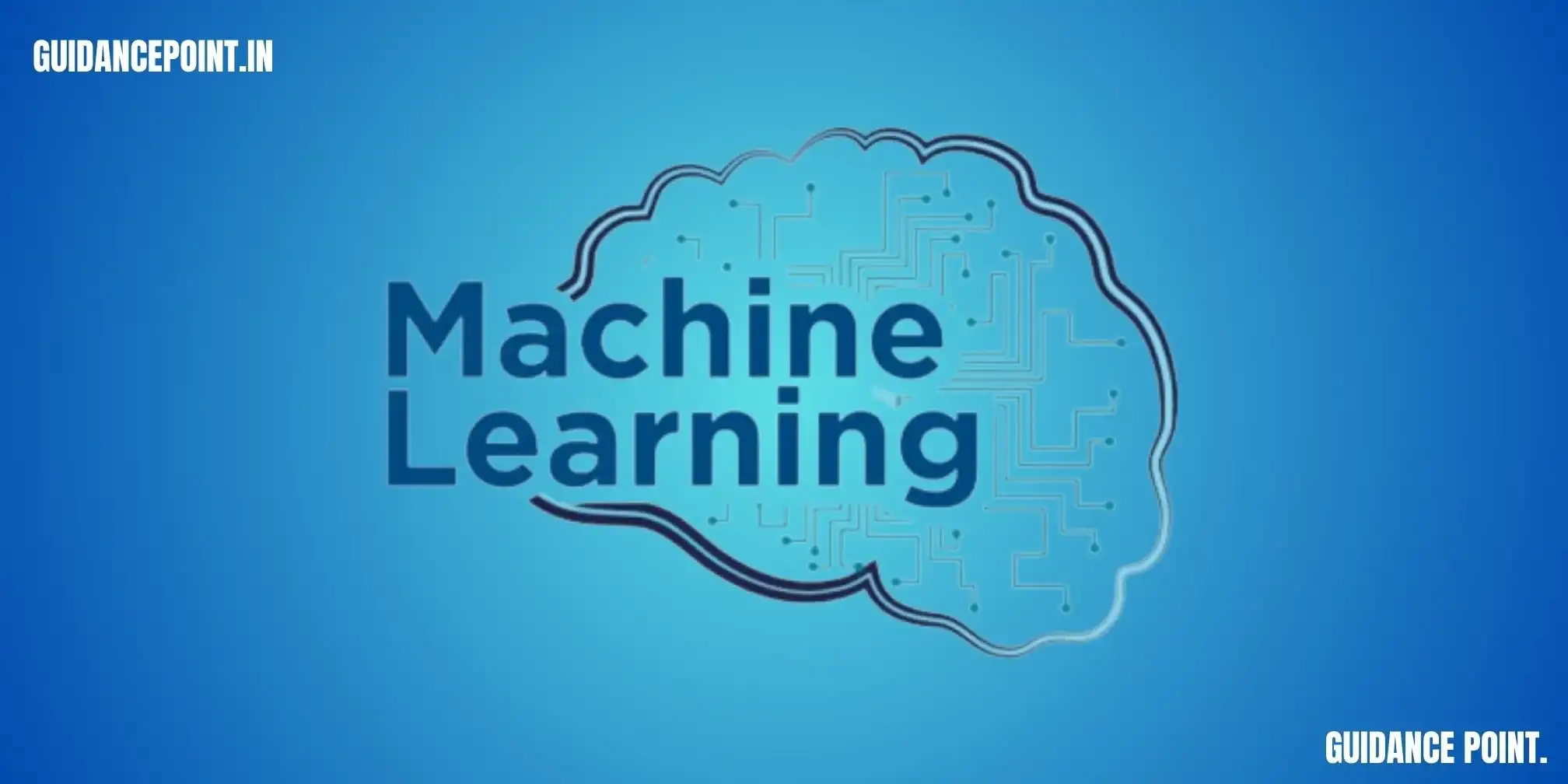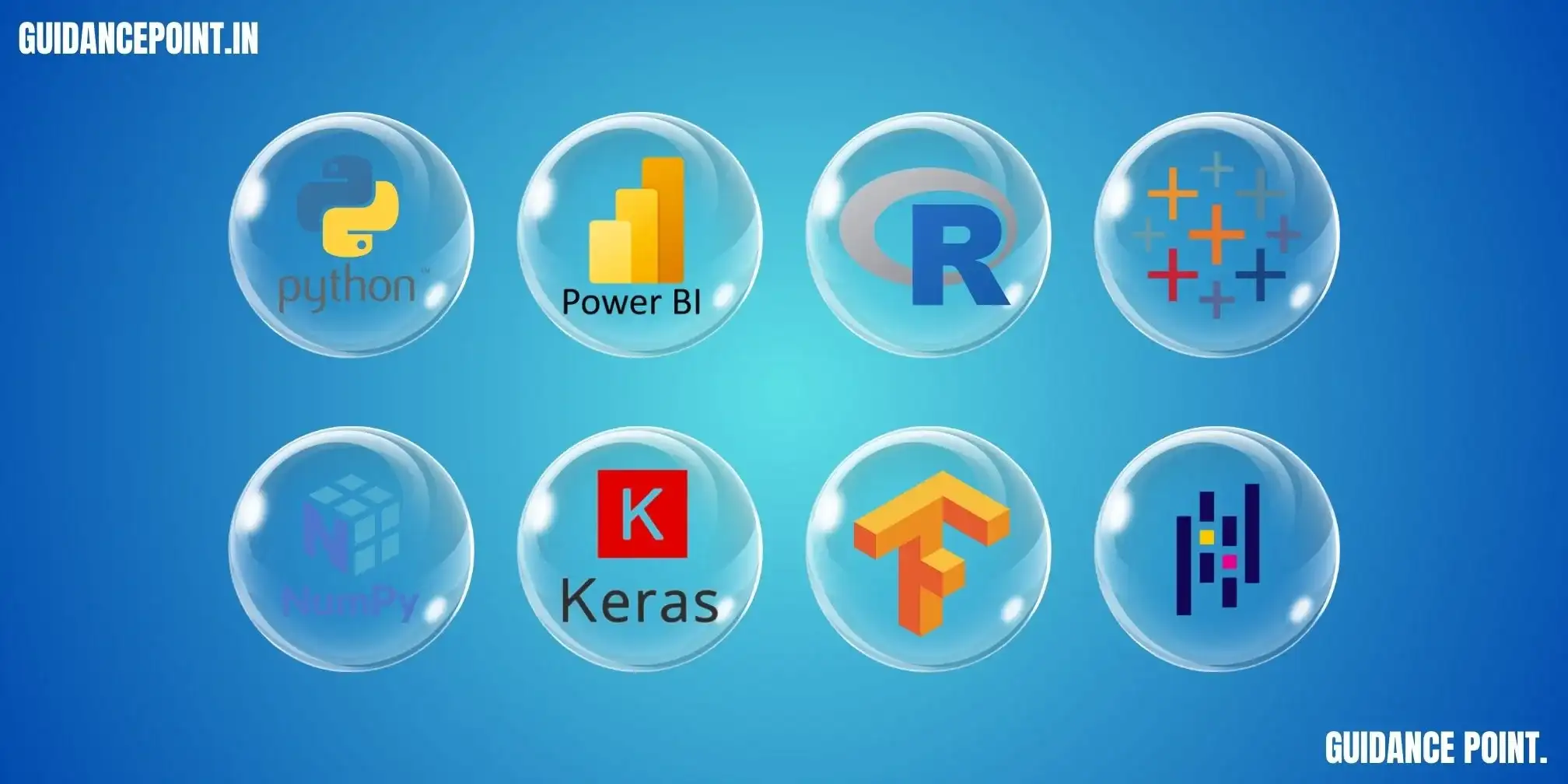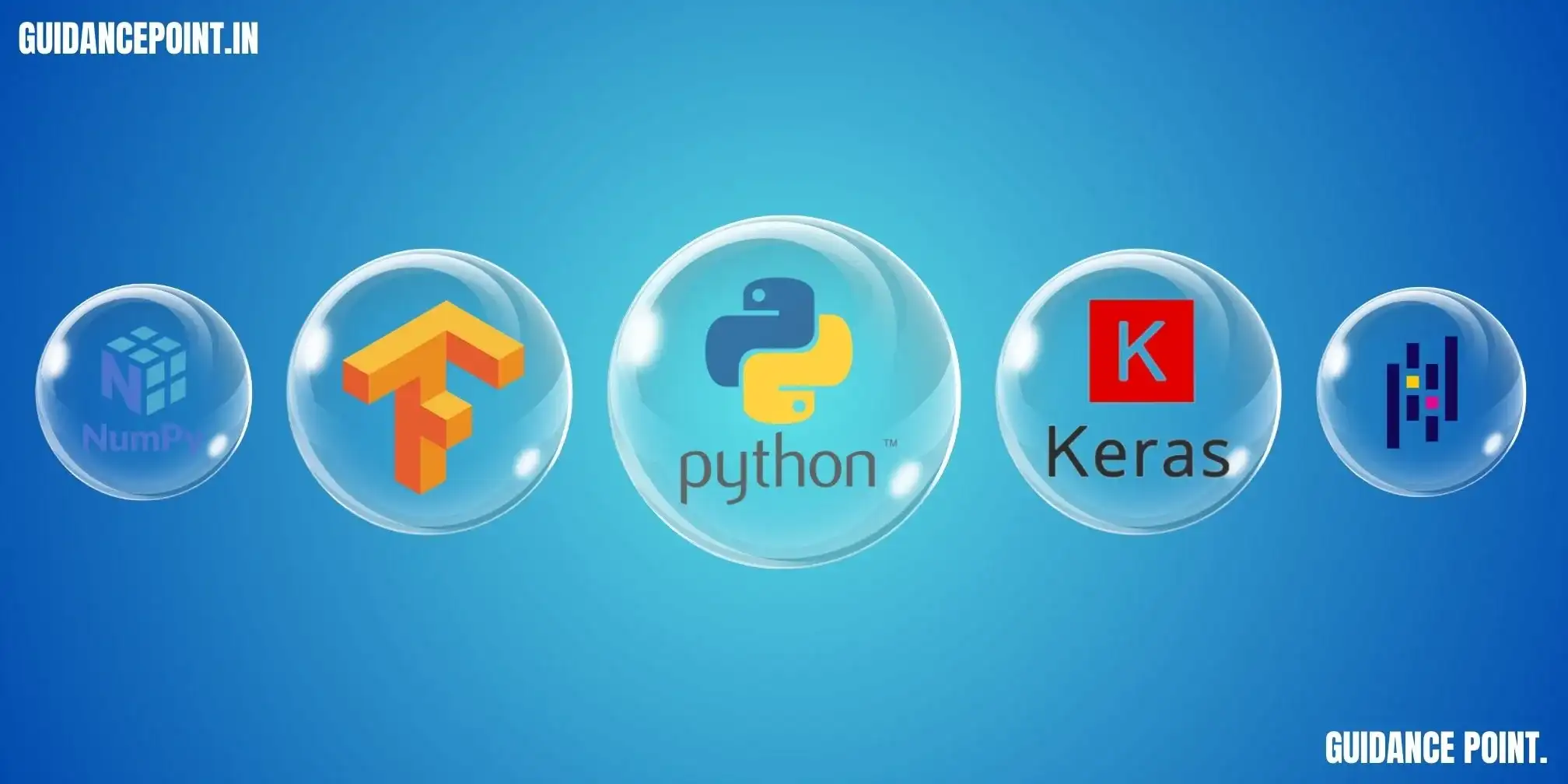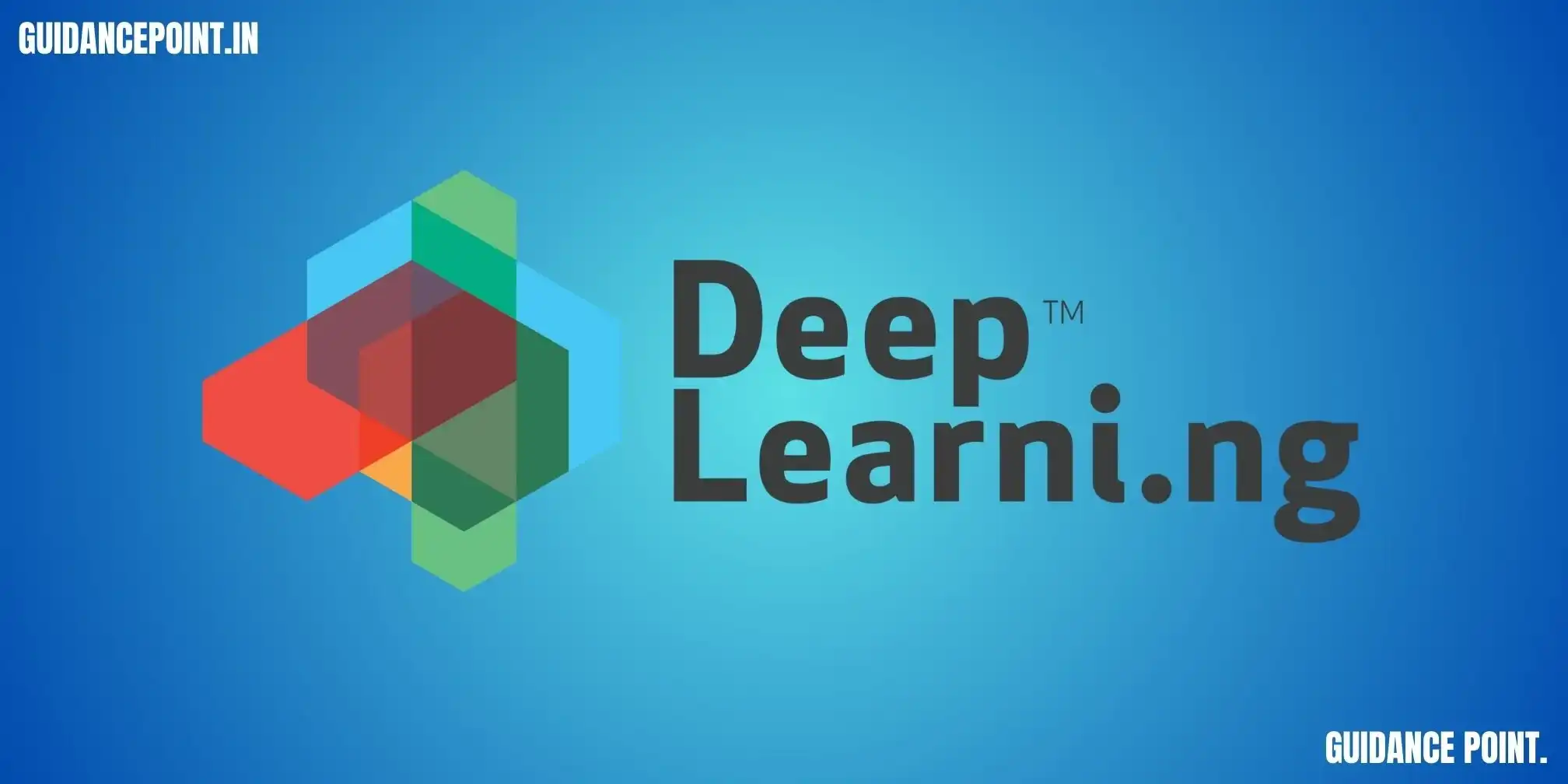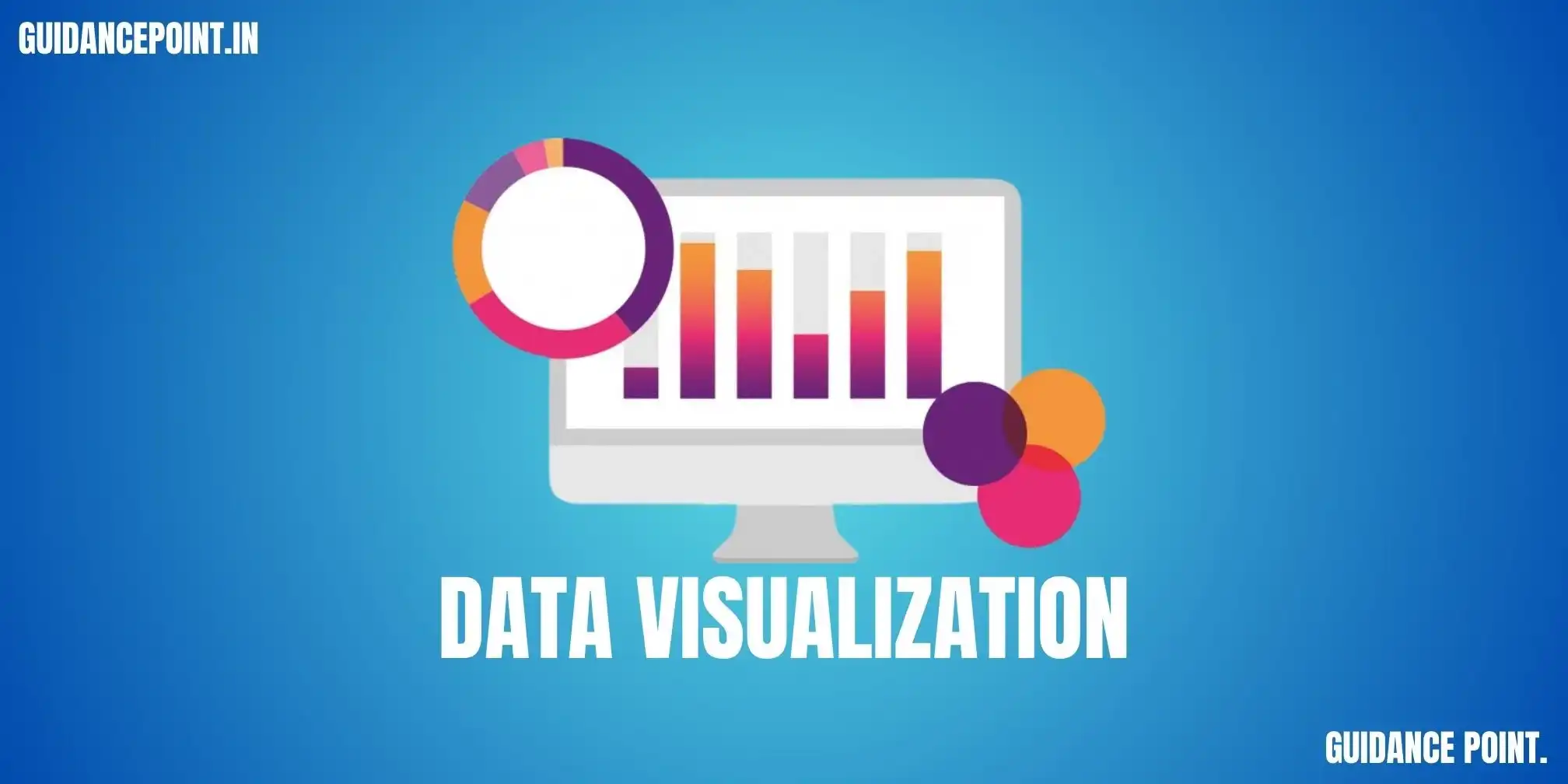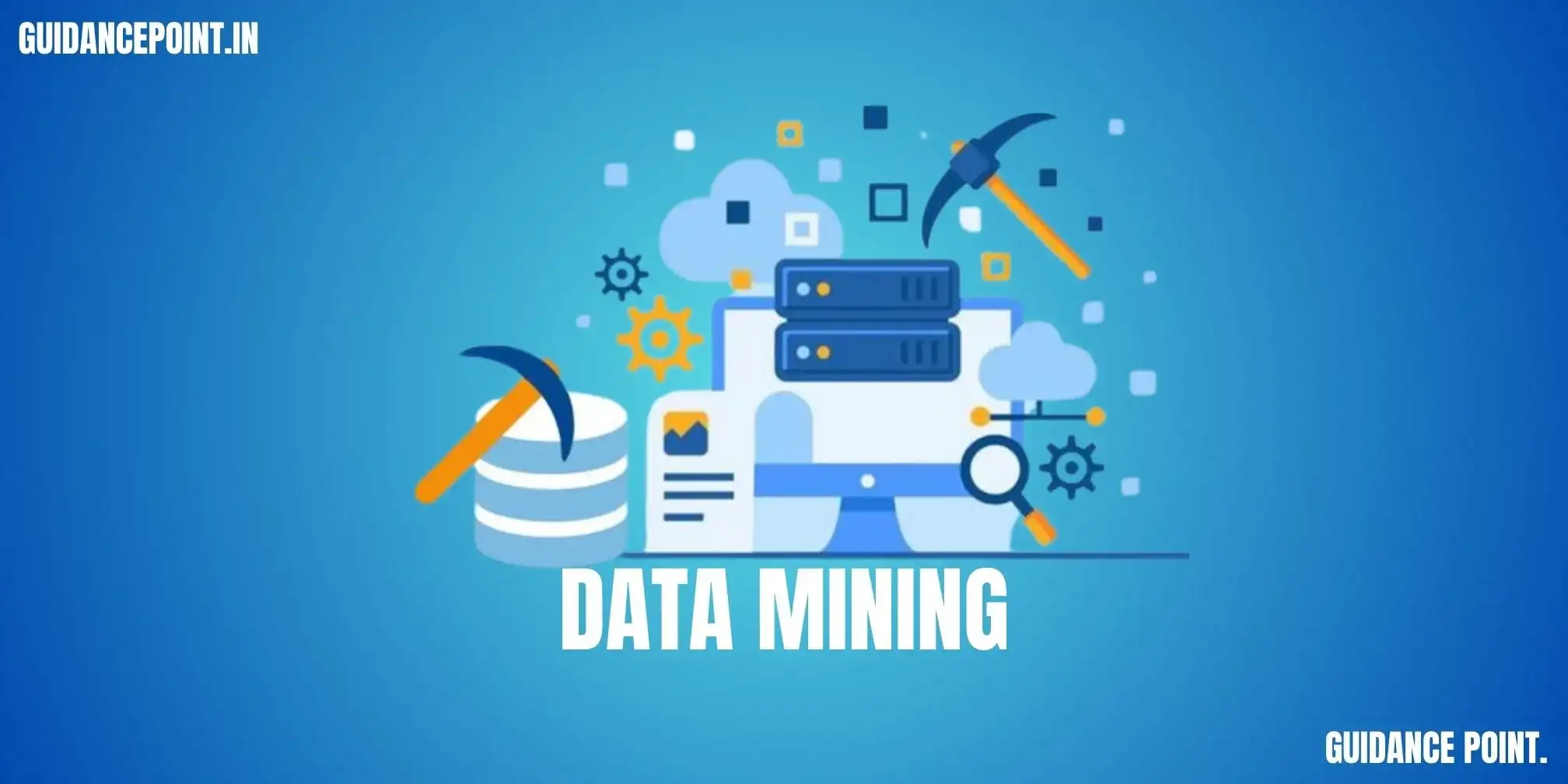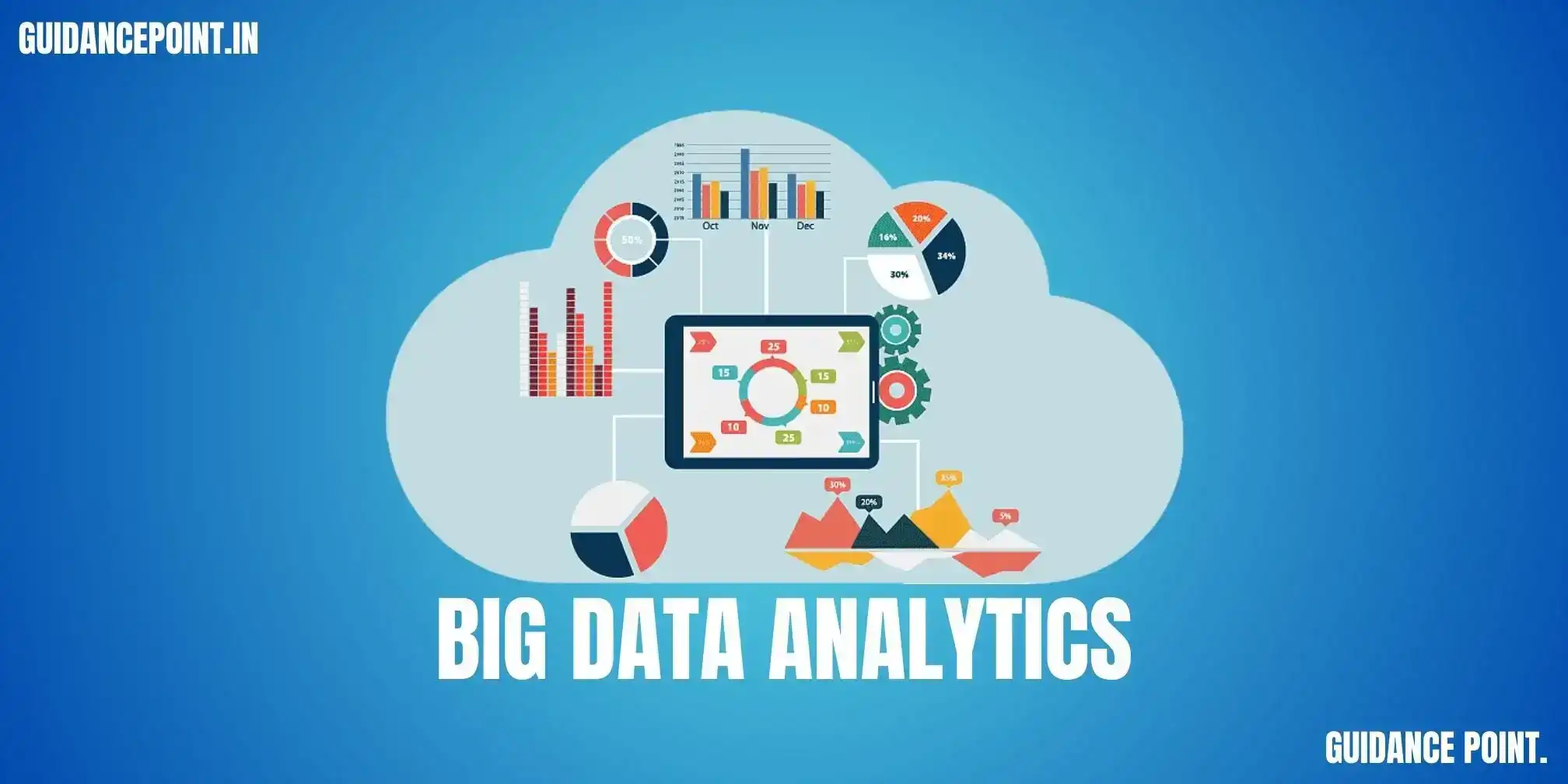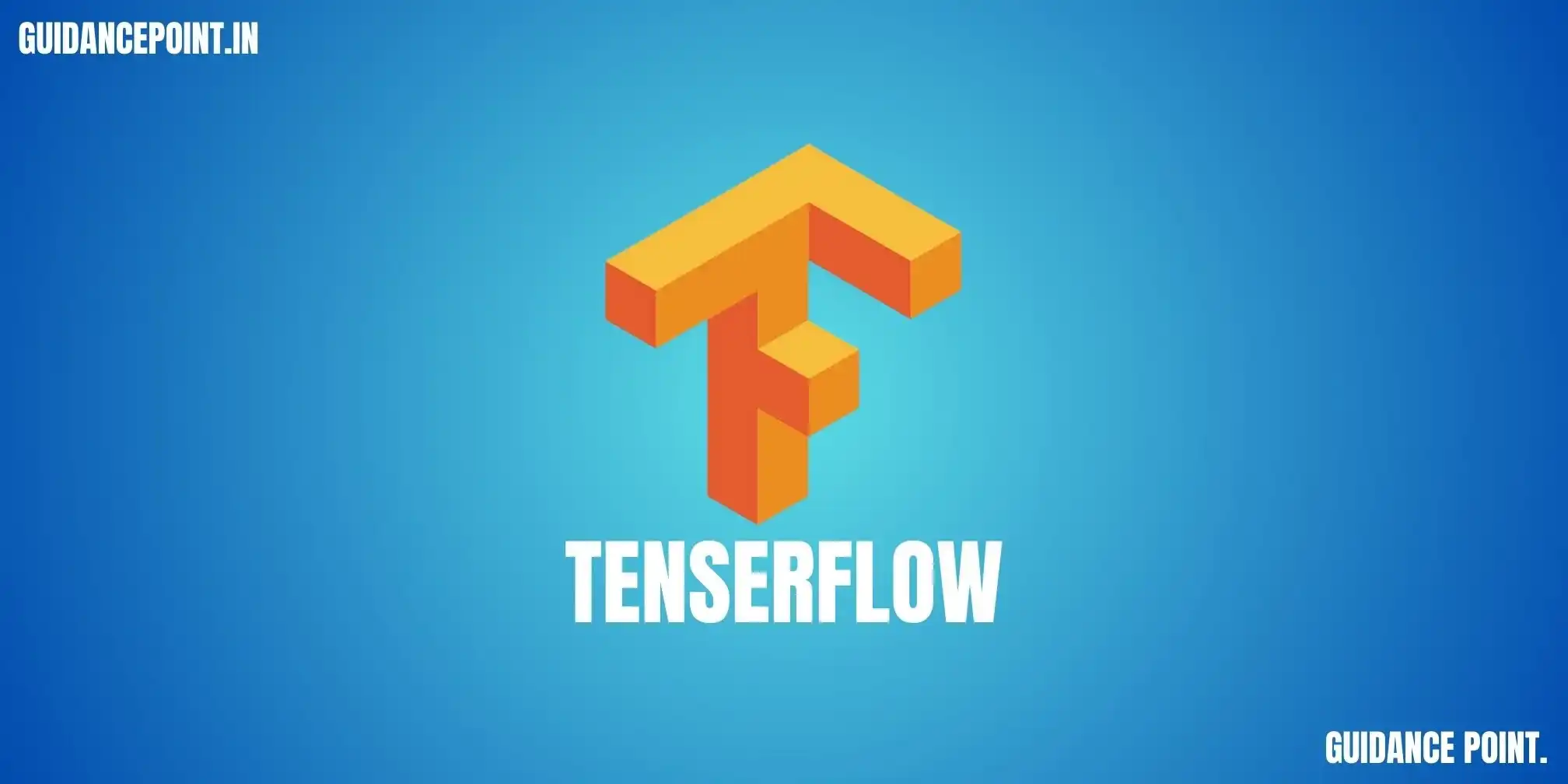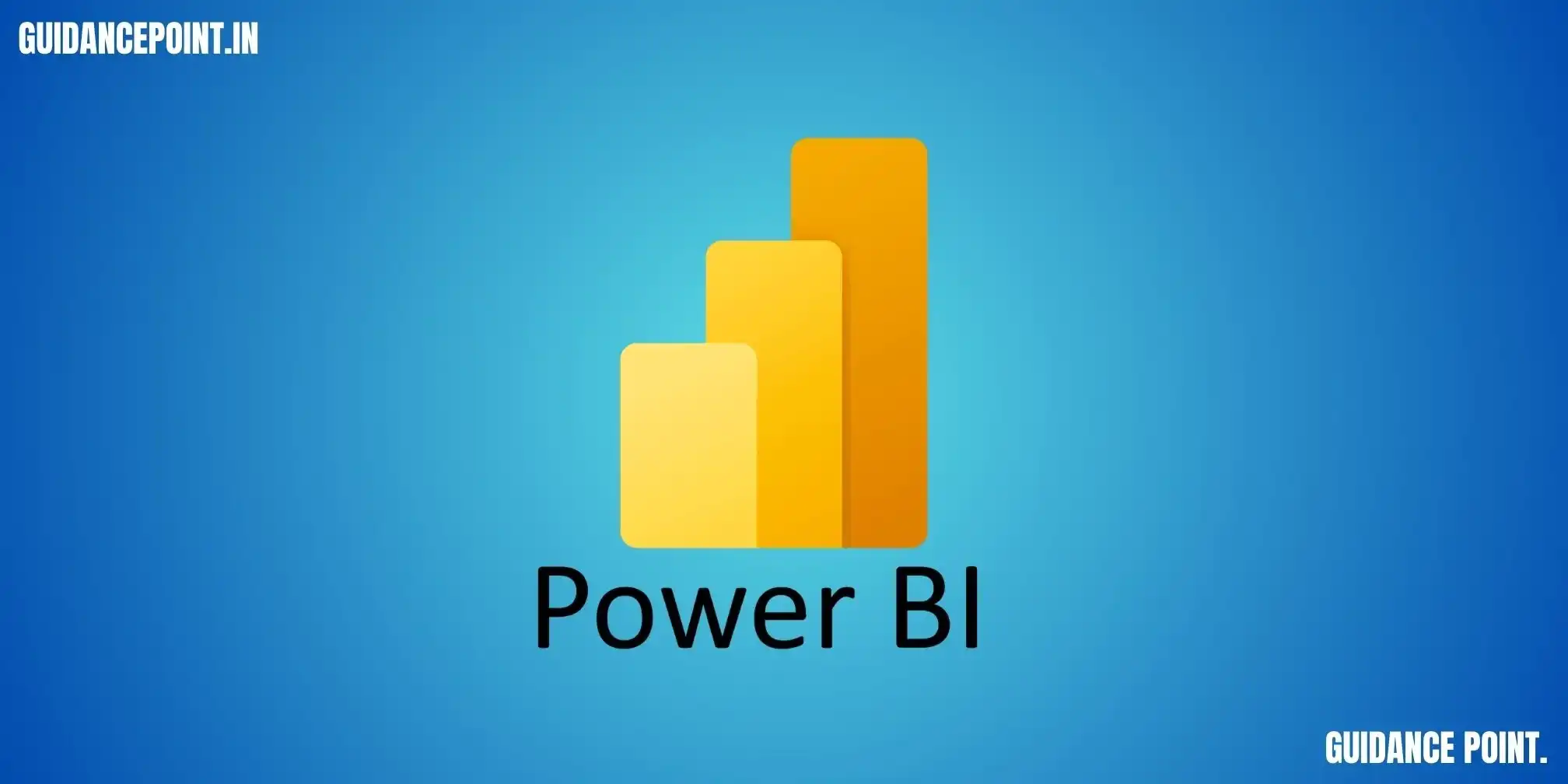Best Machine Learning with Data Science Course
Welcome to our comprehensive Machine Learning Course in Pune, where we explore the fascinating field of machine learning and its applications in data analysis, prediction, and decision-making in Machine Learning Course in Pune. Machine Learning with Data Science has revolutionized the way we extract insights from data and make informed decisions, making it an essential skill for data scientists, analysts, and professionals in various industries. Whether you're new to machine learning or looking to enhance your skills in advanced modeling techniques, our Machine Learning Course in Pune is designed to provide you with the knowledge and practical experience needed to excel in the field of data science using machine learning. Ready to unlock the power of Machine Learning with Data Science and take your analytical skills to the next level? Enroll in our Machine Learning Course in Pune today and embark on a journey towards becoming a proficient data scientist with machine learning.
